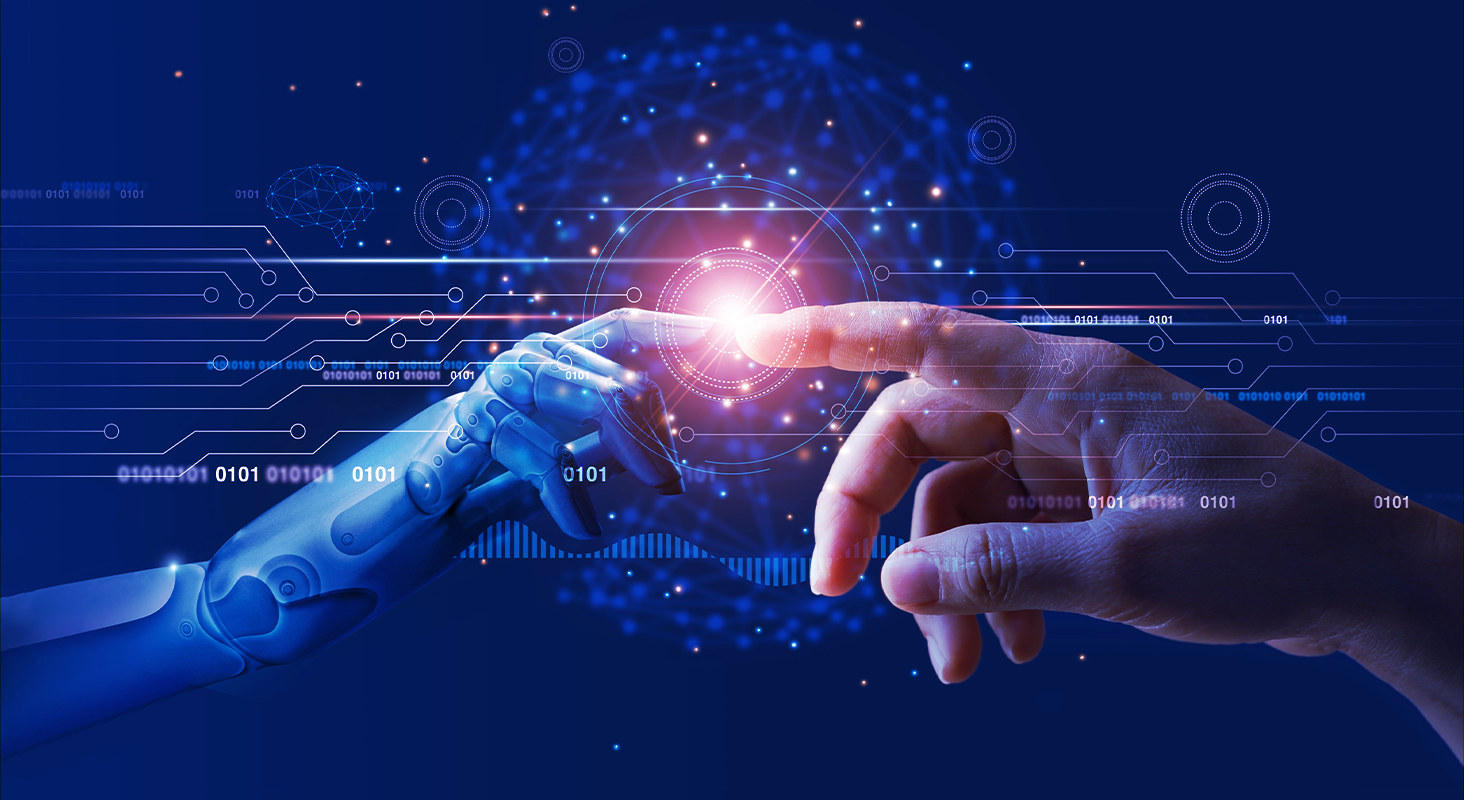Web1, 2 and 3 all represent different stages in the evolution of the internet. This guide will explore the impact each stage has had on marketing through the years. As a leading marketing agency, we’ll also share our predictions on the anticipated impact of Web3 and what it can mean for your business.
What was Web1?
Web1 refers to the first early days of the internet and emerged in the 1990s. It was also referred to as the “static web” and its characteristics consisted of simple static HTML websites which did not allow for user engagement.
How did Web1 impact marketing?
Although Web1’s capabilities were much more limited than the sophisticated websites we have today, it set out some of the fundamentals of digital marketing. It allowed companies to establish an online presence and reach a global audience by building basic websites.
Web1 also allowed businesses to add basic branding to their websites, including colours, logos and typography, and it brought about the practice of SEO as companies needed to make their websites visible to search engines to direct organic traffic to their websites.
What is Web2?
Web2 evolved from Web1 in the early 2000s and transformed online interaction with advances in technology and enhanced user experiences. It introduced social networking platforms and encouraged user-generated content like blogs, forums and platforms like MySpace, Facebook, Twitter, LinkedIn and Instagram. Today, it is predicted that out of the 8 billion people in the world, 4.9 billion are using social media in at least some capacity in 2023. This is why web2 is also known as the “social web”.
Web2 has also encouraged more interactivity to collaboratively share information through platforms like Wikipedia, and it has brought about a way of sharing and streaming multimedia content. Streaming services like YouTube, Netflix and Spotify have all become popular, providing users with more diverse and interactive content to consume.
How did Web2 impact marketing?
Web2 has expanded digital marketing opportunities by allowing businesses to connect with users on a personal level and has enabled data driven decision making through online behavioural analysis.
Social Media has become a vital way for businesses to reach a wider audience, create brand awareness and foster brand loyalty. Social media facilitates the viral spread of content allowing businesses to reach a broad audience quickly, and access to user data allows for the creation of personalised and targeted adverts.
Personalised adverts extend beyond social media platforms. Advertising platforms like Google Ads and e-commerce shopping channels have allowed precise targeting options based on behaviour, interests and demographics that allow marketers to optimise their ad campaigns and improve conversion rates.
The rise of user-generated content has gained prominence as a tool to build trust with potential customers. Reviews, testimonials and user-contributed media build both authenticity and social proof for businesses’ products and services.
Web2 has enabled marketers to gather and analyse user behaviours and interactions in order to make data-driven decisions on marketing strategy. Access to data surrounding users’ online habits has become invaluable in understanding users’ needs and the performance of digital marketing campaigns. Read more in our guide about how to use data to create cost effective campaigns.
What is Web3?
Web3 is the next generation of the internet, and we’re currently on the edge of the transition between Web2 and Web3. The aim of Web3 is to build on the development of Web2 while addressing some of its challenges to create a safer, user-centric and decentralised Internet.
Web3 uses blockchain technology, which has created more transparent systems that are tamper-proof. The technology establishes smart contracts, which are self-executing contracts with the terms of agreement written directly into the code.
Decentralised applications, which are also known as dApps, are used to give users full control over their data, digital assets and interactions. A user’s identity becomes a self-sovereign identity through Web3 technology, to give individuals full control over their digital identity.
How will Web 3 impact marketing?
Web3 is predicted to bring about a significant impact on the future of marketing, transforming the way businesses engage with their audiences. One of the key shifts brought about by Web3 will be an increased emphasis on ethical and transparent data practices. With users having more control over their data, businesses will be able to build trust and deliver more personalised user experiences.
The introduction of tokenisation and cryptocurrencies introduces new opportunities for businesses to incentivise user engagement and foster customer loyalty. The introduction of tokens will help businesses to create a token economy that incentivises user engagement and customer loyalty.
Businesses will also need to develop more immersive experiences to encourage brand loyalty. By using emerging technology such as VR and dApps, brands will be able to offer more personal and memorable customer experiences and interactions.
We also predict that blockchain-based payment systems will offer more monetisation models within the marketing industry. With blockchain, businesses can adopt micro-payment strategies, enabling small and seamless transactions. This opens up avenues for new revenue streams and allows marketers to tap into niche audiences that may be willing to pay for specific content, services or experiences. This, coupled with the ability to implement micro-marketing strategies, allows the delivery of targeted and tailored offerings to niche audiences maximising value and engagement.
How can M3 help?
Here at M3, we’re experts in delivering tailored digital marketing solutions. We’re passionate about the latest developments in marketing, which you can read about in our blog predicting the marketing trends for this year.
So, if you’re looking at developing your digital marketing strategy, simply request a free proposal and we’ll deliver a tailored solution for your business. Or if you want to find out more, contact us today.






